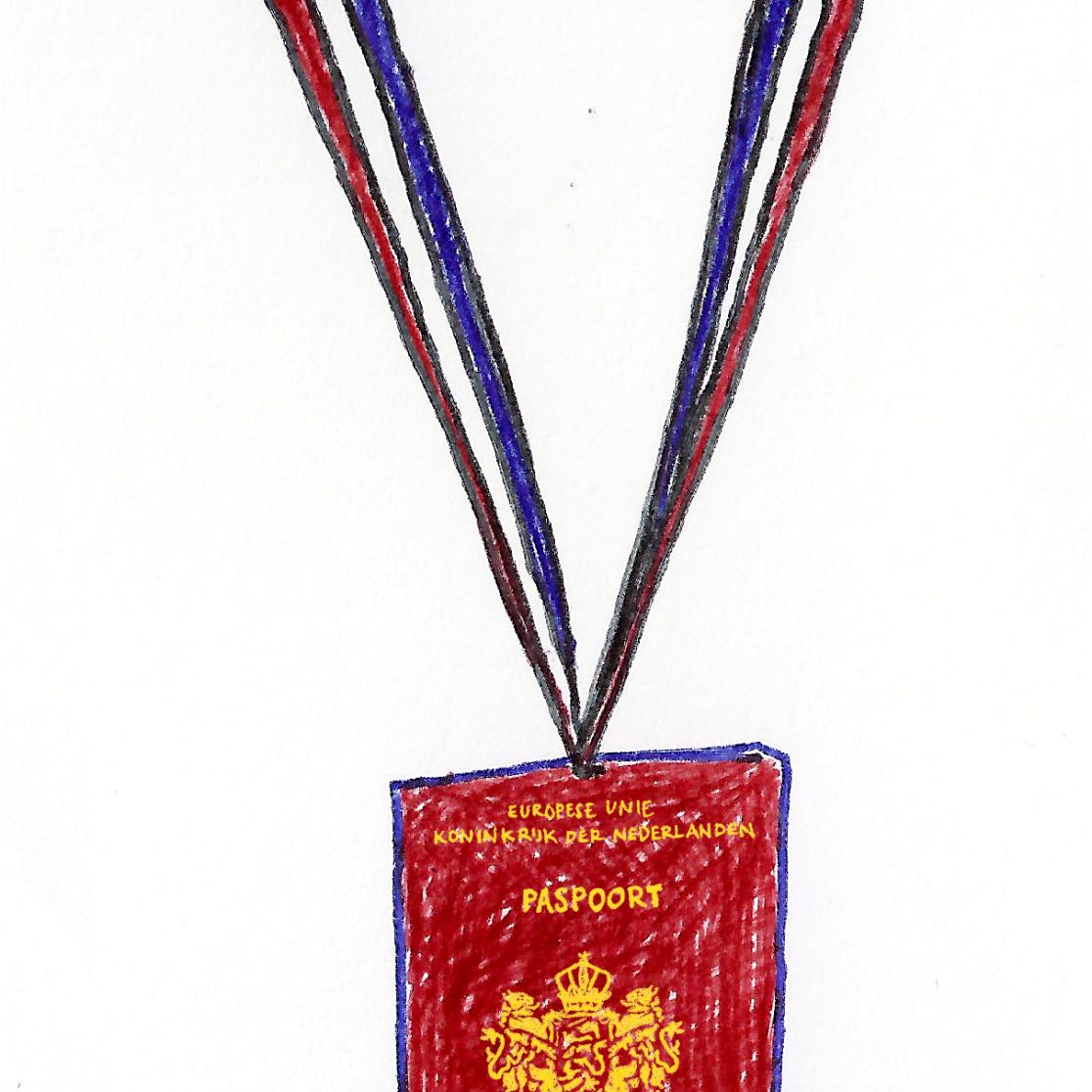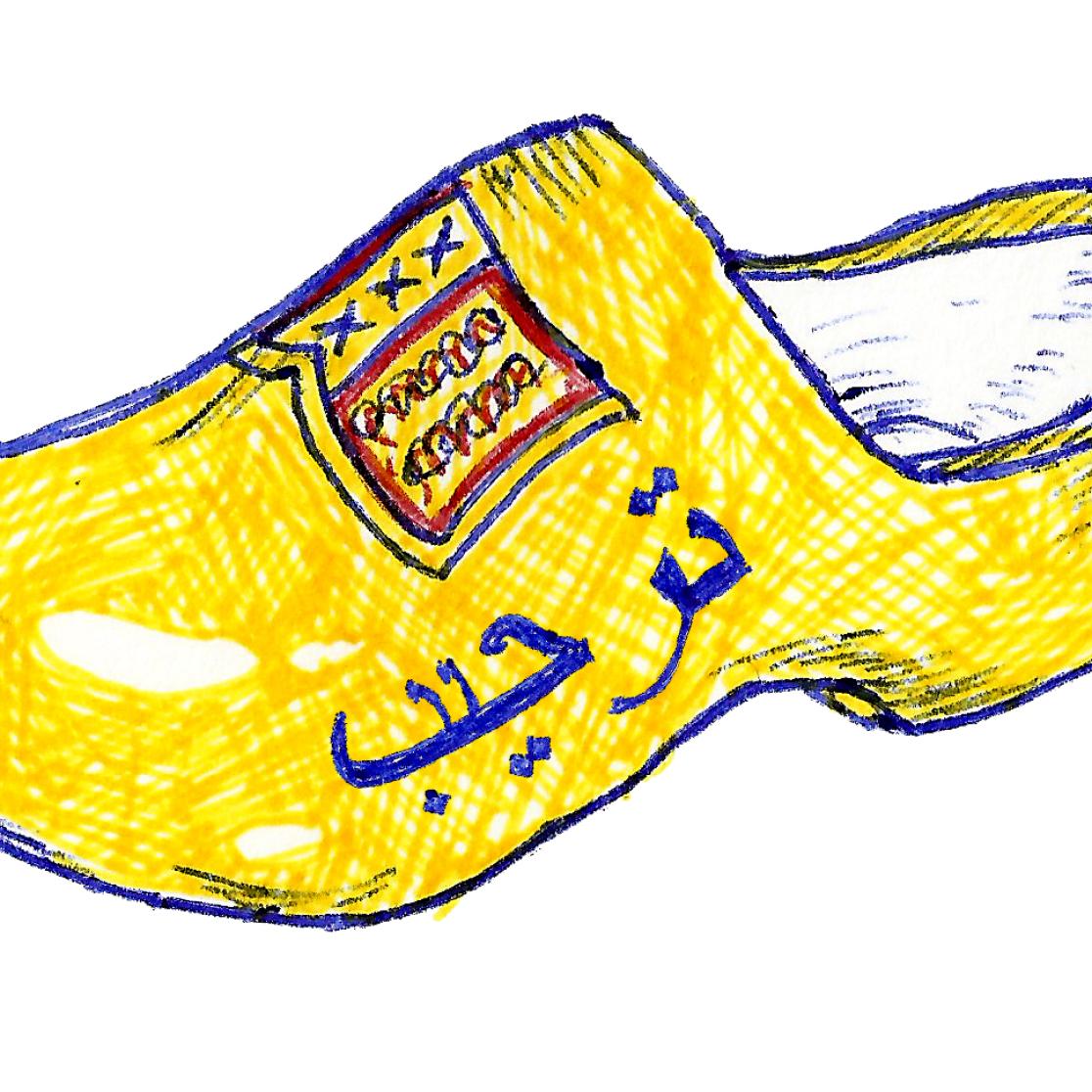A passport is not a panacea*
*but it can make a big difference in an immigrant’s life
It takes five years of uninterrupted stay in the Netherlands for a foreigner to become a Dutch citizen through naturalisation. According to some political parties, this is too short a period to become a full member of society. The government planned to increase the minimum residence requirement to seven years. Maarten Vink, professor of Political Science at Maastricht University, was against the proposal. “It’s not based on any scientific evidence.”
Prestigious
“Intellectual freedom – that’s what this grant means to me. The ERC has the most prestigious funding scheme in Europe, a Valhalla for researchers. It gives me the opportunity to hire PhD candidates and postdoctoral researchers to do comparative research in six European and two North American countries. Our aim is to really get to the core of the relationship between naturalisation and integration.”
The decision to pursue naturalisation is influenced by many factors: an immigrant’s country of origin, marital status, family situation, educational background and length of stay in the host country. The problem is that these factors may also influence why some immigrants are more or less integrated. It is, in short, difficult to determine what causes what. “Previous research has focused almost entirely on this question of causality and the methodological means to investigate it”, Vink says. While this remains central to his research project Migrant Life Course and Legal Status Transition (MiLifeStatus), the project adds a new theoretical angle.
“What citizenship means for the life of an immigrant depends on who you are. Obtaining a Dutch passport has different implications for a Somali mother than for a German businessman. We ask under which conditions naturalisation could help individual immigrants to integrate, by investigating why, how and for whom legal status transitions matter. And how variation in policies between countries affects this relationship.”

Groundbreaking
This calls for an innovative approach known as the life course perspective. Using big data from central population registers and longitudinal surveys, Vink and his team are able to monitor the life course of individual immigrants over a long period of time. The fact that they are doing so in eight countries – the Netherlands, Germany, the United States, Canada, and four Scandinavian countries – adds to the groundbreaking character of the project.
Early results by Vink and colleagues Floris Peters and Hans Schmeets show that naturalisation improves the chances of finding paid employment particularly for immigrants from non-Western, unstable countries who naturalise after five years of residence. If they naturalise later, their chances drop. In other words: the timing of naturalisation matters. Seen in this light, increasing the minimum residence requirement to seven years hardly seems like a good idea.
“I’m not saying that obtaining a passport will solve each and every problem in an immigrant’s life”, Vink says. “But it does give you a secure residence status, as well as certain rights and opportunities to participate in society. What’s more, it encourages a sense of belonging. When properly timed, immigrants can get the most out of it, which is beneficial for them and for society as a whole. Of course I hope that politicians and policymakers will take our findings into account. This topic is too important to leave up to opinions; we need facts.”

On Tuesday 3 October 2017, the Dutch Senate voted against the proposal that would increase the residence requirement for naturalisation from the current five to seven years. Senators from various parties referred to recent studies by Maarten Vink and his colleagues.
By: Jolien Linssen (text), Ted Struwer (illustrations)